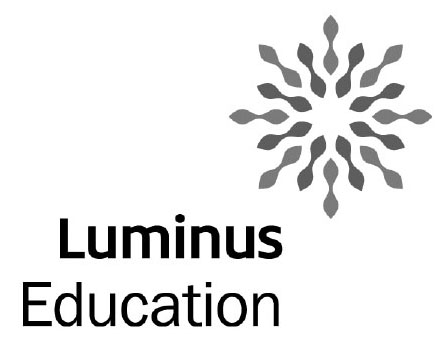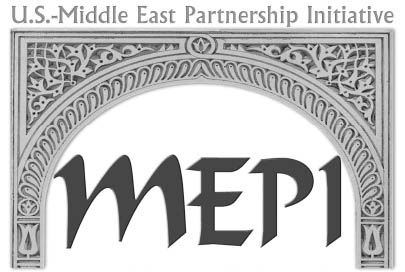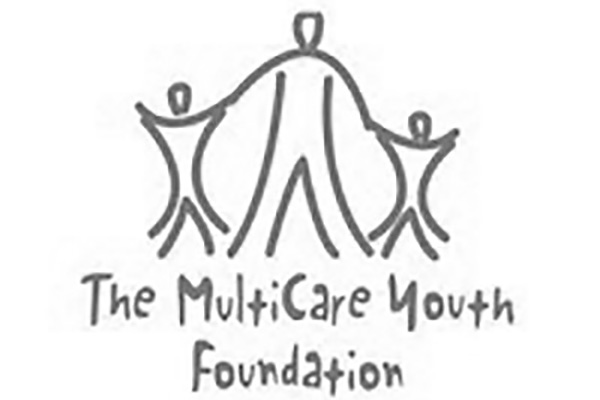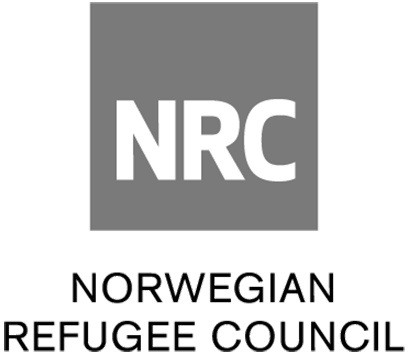Passport to Success® (PTS) is a suite of products and services proven to foster in-demand life skills.
Refined over more than a decade, PTS responds to the needs of businesses, educational institutions, governments, nonprofit organizations, and young people themselves. PTS offers solutions to global challenges that include the skills gap, future of work, student achievement, and other barriers to opportunity.
How does PTS help prepare young people for work and life?
PTS focuses on personal development and work readiness. That’s because IYF has always invested in a holistic approach aimed at understanding the many factors that impact a young person’s path. We know from experience that a skill like self-confidence can be vital for driving a sense of purpose, choosing a career, setting out as an entrepreneur, and succeeding at work. Critical thinking can help avoid dangerous behavior, just as it helps a young person prioritize tasks or make work-related decisions.
PTS prepares young people to get and keep a job and grow in a career. Finding a job is critical. But we’re thinking bigger picture and longer term. Our approach supports young people to better understand their skills and options and to set objectives. As a result, their parents, teachers, employers, and youth themselves tell us they are able to overcome adversity, set personal and professional goals, improve their skills, perform better in school, get jobs, and earn promotions.
What skills does PTS teach?
PTS teaches life skills—also known as soft skills, social-emotional skills, essential skills, core skills, or work readiness skills—based on international standards. Since 2004, we have worked with clients to adapt the number and combination of modules offered, because PTS is also designed to be highly flexible.
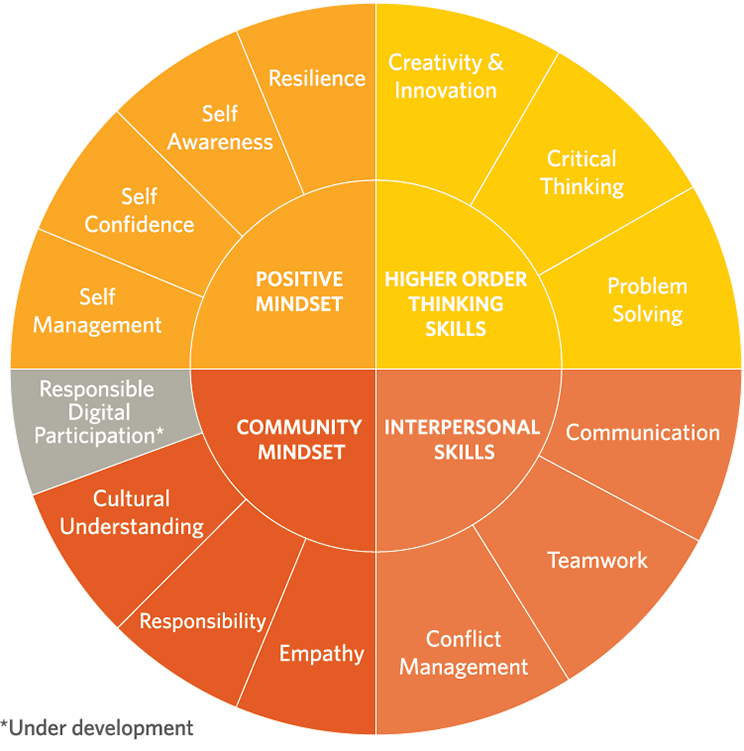
Where around the world has PTS been implemented?
Passport to Success has been implemented in over 50 countries through our global network of more than 5,500 trainers. National educational and training systems in Kyrgyzstan, Mexico, South Africa, and Tanzania have chosen PTS.
In how many languages is PTS available?
PTS has been delivered in up to 20 languages, including English, Spanish, French, Arabic, Portuguese, Russian and Mandarin Chinese.
How can organizations measure the impact of PTS?
PTS Measurement Tools: IYF provides organizations with templates for capturing self-reported and observed feedback from trainers and participants.
To which standards does PTS align?
PTS is aligned to international standards while also taking into consideration local realities and contexts. PTS maps to the Big 5, HEXACO, Child Trends, O*NET, CASEL and other frameworks that assess the complete package of life skills and soft skills.
In what kind of classrooms or environments has PTS been used?
PTS works anywhere. Through PTS, young men and women have sharpened their life skills in countless traditional classrooms around the world, at a corporate training center in Morocco, a correctional facility in Algeria, a state-run youth home in Kyrgyzstan, a national technical training institute in Mexico, under a tree in Senegal, and on a soccer field in Kenya. Regardless of location, these young people are been better prepared to succeed at work, in school and at home — after all, that's why we call them life skills.
How many lessons does PTS include?
PTS In Person: Features up to 100 lessons (varies by language) of which typically 30-50 are used in a single PTS training cycle. Each lesson is 60 minutes in duration.
PTS Traveler: Our digital solutions feature from 5 to 17 lessons, depending on the product. Lessons are self-paced, and in many cases, feature bite-sized learning modules perfect for learning any time, anywhere.
PTS Blended: Our blended solutions feature up to 37 hours of instructional content across digital and in-person lessons.
What methodology is used in PTS In Person?
PTS features a constructivist, interactive and experiential method for both youth participants and adult trainers. Students, teachers, and trainers all report that the experiential methodology means young people are more engaged and retain what they learn.
How do teachers and trainers use PTS In Person?
Designed for busy trainers & teachers, PTS lessons are clearly laid out and structured, with just enough flexibility for trainers to tailor content to fit specific local contexts. Combined with the powerful training-of-trainers workshop, this straightforward lesson design makes PTS easy for trainers and teachers to implement.
What is the role of the coach vs. the role of the trainer?
The trainer is the person delivering lessons to youth. The coach’s role is to help the trainer follow PTS methodology by observing and then providing constructive feedback. A certified coach may certify trainers who they deem meet the criteria for PTS certification.
How do PTS In Person lessons compare to traditional classroom learning?
PTS isn’t about recitation—it’s active and gets young people to think critically for themselves. A traditional lesson offers only information sharing. A PTS lesson includes time for gaining participant interest, sharing information, group interaction, and personal reflection. The majority of the classroom time is spent on practical application of the content and interactions with peers to further develop and master the skill learned.
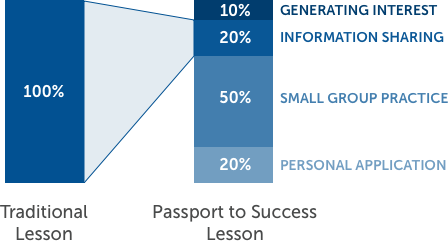
How does an organization ensure quality and sustainability when using PTS In Person or PTS Blended?
Training of Trainers: An intensive training-of-trainers and coaches workshop led by IYF Master Trainers ensures that teachers and trainers are set up well to deliver a high-quality and sustainable PTS program.
Built-in quality assurance: PTS' unique coaching model ensures new PTS trainers receive the ongoing support they need to deliver PTS at the highest level.
In-house coaches: IYF can train Coaches within your organization who support and encourage trainers to maintain fidelity with PTS.
Certification: Trainers and Coaches undergo a rigorous set of steps, culminating in PTS certification.
How will PTS work in my organization?
PTS is modular and flexible. PTS can be tailored to meet client objectives, budgets, and timelines.













